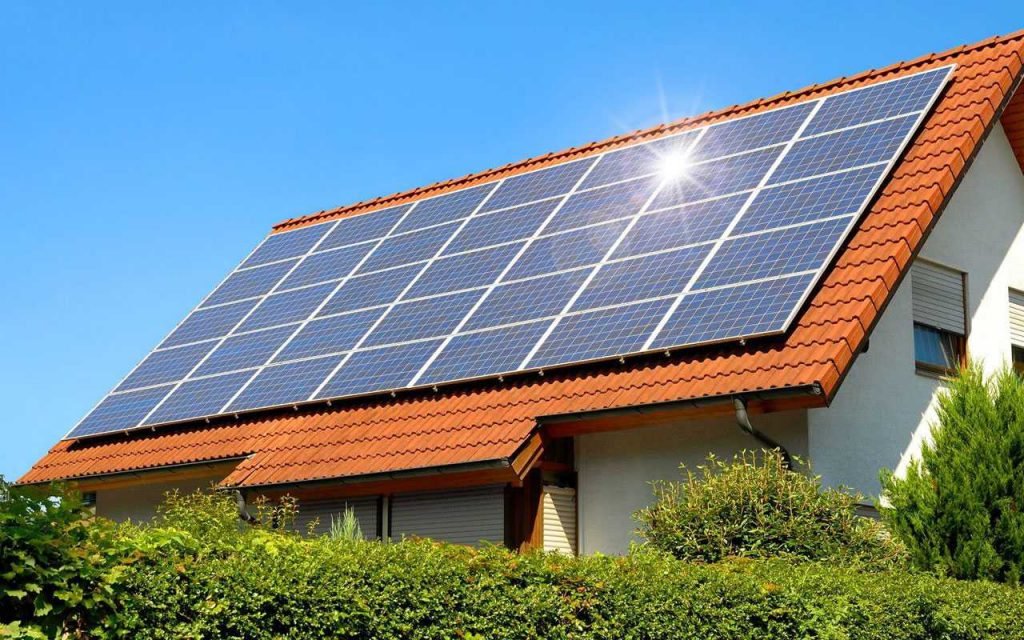
Introduction:
In recent years, the agricultural sector in Pakistan has faced numerous challenges ranging from water scarcity to energy shortages. To address these issues and ensure sustainable growth, innovative solutions are required. Agriculture solar solutions have emerged as a promising avenue, offering farmers the ability to harness the power of the sun to enhance productivity, reduce costs, and contribute to a more environmentally friendly farming ecosystem. This article delves into the potential benefits and practical applications of agriculture solar solutions in Pakistan.
- Powering Irrigation Systems: Water scarcity is a significant concern for Pakistani farmers, especially in regions heavily dependent on traditional irrigation methods. Solar-powered irrigation systems present a game-changing solution. Solar pumps can draw water from wells, rivers, or canals, enabling a consistent water supply for crops. These systems not only reduce dependence on unreliable electricity grids but also operate silently and require minimal maintenance.
- Off-Grid Farming Operations: Many agricultural areas in Pakistan still lack access to reliable grid electricity. Solar energy offers the opportunity to establish off-grid farming operations, allowing farmers to power essential equipment such as lights, fans, refrigeration, and even small machinery. This autonomy can transform remote and underserved areas into productive farming hubs.
- Crop Drying and Processing: Solar-powered drying and processing technologies can help farmers preserve their harvest and add value to their products. Solar dryers can efficiently remove moisture from crops, reducing post-harvest losses and increasing shelf life. Furthermore, solar-powered mills and grinders can streamline the processing of crops like grains and spices, enhancing their market value.
- Cold Storage and Preservation: Inadequate cold storage facilities often lead to spoilage of perishable goods. Solar-powered refrigeration units offer a reliable solution for storing fruits, vegetables, dairy, and meat products. These systems can help extend the shelf life of produce, reduce wastage, and open up opportunities for farmers to access distant markets.
- Livestock Management: Solar solutions are not limited to crops; they can also benefit livestock management. Solar-powered electric fences can help secure grazing areas and prevent animal encroachment into farmland. Solar water pumps provide a consistent water supply for livestock, promoting their well-being and increasing productivity.
- Enhancing Sustainability: By incorporating solar solutions, farmers can significantly reduce their reliance on fossil fuels and conventional energy sources, thereby lowering their carbon footprint. Solar-powered agriculture contributes to sustainable farming practices, aligning with global efforts to combat climate change.
- Financial Benefits: While the initial investment in solar systems may seem significant, the long-term benefits are compelling. Solar solutions can lead to substantial savings on energy bills and reduce operational costs. Additionally, some government initiatives and subsidies are aimed at promoting renewable energy adoption, making solar investments financially attractive.
- Technology Adaptation: The adoption of solar solutions in agriculture encourages technological advancement and innovation. It pushes for research and development in solar-powered agri-tech, leading to the creation of specialized tools and equipment tailored to the needs of Pakistani farmers.
- Community Empowerment: Implementing solar solutions at the community level can foster local development and empowerment. Farmers’ collectives or cooperatives can share the benefits of solar-powered equipment, pooling resources for better infrastructure and improved productivity.
Conclusion:
Agriculture solar solutions hold immense promise for transforming Pakistan’s agricultural landscape. By harnessing the abundant sunlight that blankets the country, farmers can overcome challenges related to energy access, water scarcity, and post-harvest losses. The integration of solar-powered irrigation, processing, and preservation technologies not only enhances productivity but also contributes to a more sustainable and resilient agricultural sector.
As Pakistan continues to face the dual challenges of food security and environmental sustainability, the adoption of solar solutions in agriculture becomes a strategic imperative. Government support, private sector involvement, and farmer education are key to unlocking the full potential of agriculture solar solutions. By embracing these innovations, Pakistani farmers can pave the way for a brighter and more prosperous future for themselves and their communities while contributing to the nation’s overall development.


